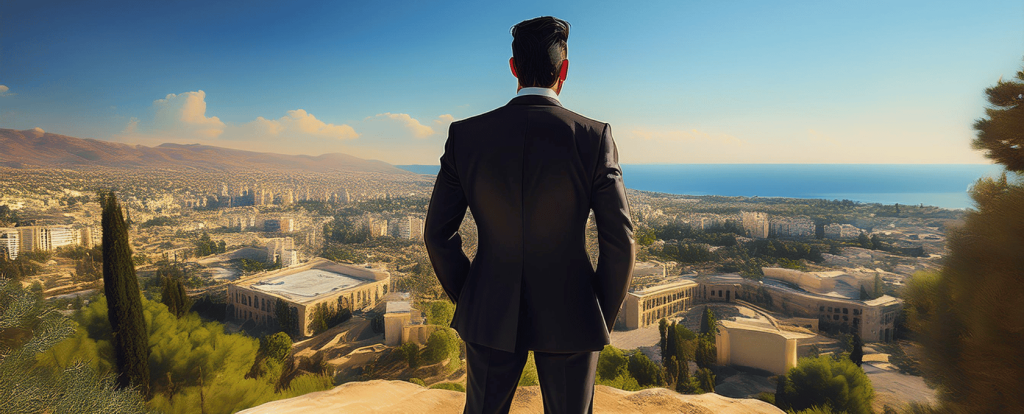READY TO MAKE HISTORY

From the very moment of the collapse of the Crans-Montana talks in July 2017, United Nations Secretary-General António Guterres showed his discomfort with the attitude of the two parties concerned and his intention not to get involved in the Cyprus problem again, unless the leaderships of the two sides convince him that they are determined to reach a result. The mere fact that in announcing the collapse of the talks he wished Cypriots in the south and north “good luck” is indication enough that his position was, “fend for yourselves”. It is no coincidence that for an entire seven years the Cyprus problem has been at a stalemate without a process, for the first time since 1968 when intercommunal talks started.
However, today, following the rapprochement between Greece and Turkey and the mutual renewed interest of Turkey in advancing its relations with the EU, and following assurances from Nicosia, Athens and Ankara that there is a will to move forward, Guterres is making another attempt. First, he assigned his personal envoy, Holguín Cuéllar, to look into the existence of common ground in order to resume negotiations. When it became clear that Tatar’s side was completely intransigent and Christodoulides’ side was setting conditions to resume negotiations, he attempted to give two serious warnings via his envoy. In the first one, Holguín Cuéllar called out Christodoulides and Tatar for not listening to civil society and the international community who want and support a solution to the Cyprus problem. In the second, the envoy only addressed Christodoulides, indicating that he “has a clear picture and knows very well how to unlock the process,” but the process remains at a stalemate.
The warnings of the United Nations went unanswered by both the intransigent Tatar and the controversial Christodoulides, until Guterres attempted to bring the two at the same table, without the existence of common ground, without an agenda, without preparation. Clearly to see with his own eyes the absence of common ground or to attempt to build it himself.
Guterres is essentially asking for the cooperation of the leaderships of the two communities, but we know that he will not get it from Tatar. Does he have it from Christodoulides? On Christodoulides’ side, first we have the deliberate public disclosure of a meeting that was not even locked in but was presented as his own initiative. Then he creates an issue of the TUI tours in the occupied areas, causing the rage of even the most fanatic Turkish Cypriot supporters of a solution. He arrests and takes property buyers to court. He leaves political refugees trapped in the Buffer Zone and comes into conflict with UNFICYP and the UN High Commissioner for Refugees.
Does the president believe this is the way to convince Guterres that the Greek Cypriot side is willing and ready to take bold and responsible decisions and to “make history”, as he himself told Mitsotakis?
Source: READY TO MAKE HISTORY